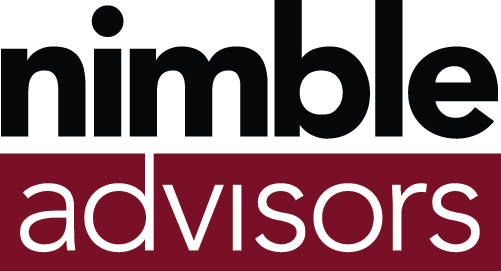The NLRB's Stericycle Decision and What it Means for Employer Handbook Rules: A Comprehensive Guide
Introduction
Employee handbook on a desk.
On August 2, 2023, the National Labor Relations Board (NLRB) issued its much-anticipated decision in Stericycle, Inc. concerning employee handbook rules. In a significant departure from its prior standard, the NLRB held that a workplace rule or policy will violate the National Labor Relations Act (NLRA) if it has a "reasonable tendency" to chill employees from exercising their protected rights under the NLRA. This new standard will have a significant impact on all employers, regardless of whether they are unionized or not.
Background
The NLRA protects employees' right to engage in "concerted activities" for the purpose of collective bargaining or mutual aid and protection. This includes the right to discuss wages and working conditions with coworkers, form unions, and strike. Employers are prohibited from interfering with or retaliating against employees for exercising these rights.
In 2004, the NLRB issued a landmark decision in Lutheran Heritage Village-Livonia, in which it held that a workplace rule or policy violated the NLRA if it could reasonably be construed by employees as prohibiting them from engaging in protected concerted activities. This standard was known as the "Lutheran Heritage Standard."
In 2017, the NLRB overturned the Lutheran Heritage standard in Boeing Company. Under the Boeing standard, employers were given more leeway to implement workplace rules, even if those rules had a potential chilling effect on employee rights.
The Stericycle Decision
In Stericycle, the NLRB overruled Boeing and reinstated the Lutheran Heritage Standard. The NLRB reasoned that the Boeing standard had allowed employers to implement overly broad workplace rules that discouraged employees from exercising their NLRA rights.
Under the new standard, the NLRB will consider whether a workplace rule or policy has a "reasonable tendency" to chill employees from exercising their protected rights. The NLRB will assess this from the perspective of an employee who is subject to the rule and economically dependent on the employer. If the NLRB finds that a rule has a reasonable tendency to chill employee rights, the rule will be presumptively unlawful. The employer can rebut this presumption by showing that the rule serves a legitimate and substantial business interest and that there is no narrower rule available to achieve that interest.
Implications for Employers
The Stericycle decision has a number of implications for employers. First, employers should review their employee handbooks and other workplace policies to ensure that they comply with the new standard. Any rules or policies that have a reasonable tendency to chill employee rights should be revised or removed.
Second, employers should be mindful of the way they communicate and enforce their workplace rules. Employers should avoid making statements or taking actions that could lead employees to believe that they cannot discuss their wages and working conditions with coworkers, form unions, or engage in other protected activities.
Third, employers should be prepared to defend their workplace rules and policies if they are challenged by the NLRB or by employees. Employers should be able to articulate a legitimate and substantial business interest for each rule and policy, and they should be able to show that there is no narrower rule available to achieve that interest.
Conclusion
The Stericycle decision is a significant victory for employees and a major setback for employers. Employers should carefully review their employee handbooks and other workplace policies to ensure that they comply with the new standard. Employers should also be mindful of the way they communicate and enforce their workplace rules.
Additional Considerations
In addition to the above, employers should also keep the following in mind when developing and implementing workplace rules and policies:
Avoid using vague or ambiguous language. The NLRB is more likely to find that a rule or policy violates the NLRA if it is vague or ambiguous. Employers should use clear and concise language when drafting their rules and policies.
Be consistent in enforcing your rules and policies. Employers should apply their rules and policies to all employees equally and consistently. If employers enforce their rules and policies in a discriminatory or arbitrary manner, it is more likely that the NLRB will find that the rules and policies violate the NLRA.
Train your supervisors and managers on the NLRB's new standard. Employers should train their supervisors and managers on the NLRB's new standard and on how to communicate and enforce workplace rules in a way that complies with the law.
HR Consultants Can Help Employers Take These Steps
HR consultants can help employers take the steps outlined above to comply with the NLRB's new standard. HR consultants can assist employers in reviewing and revising their employee handbooks and other workplace policies, developing training programs for supervisors and managers, and communicating the NLRB's new standard to employees.
Conclusion
By taking the steps outlined above, employers can minimize the risk of running afoul of the NLRB's new standard and violating the NLRA.
The NLRB's Stericycle decision is a significant development for employers and HR consultants alike. HR consultants can play a crucial role in helping employers comply with the NLRB's new standard and protect their employees' rights.

